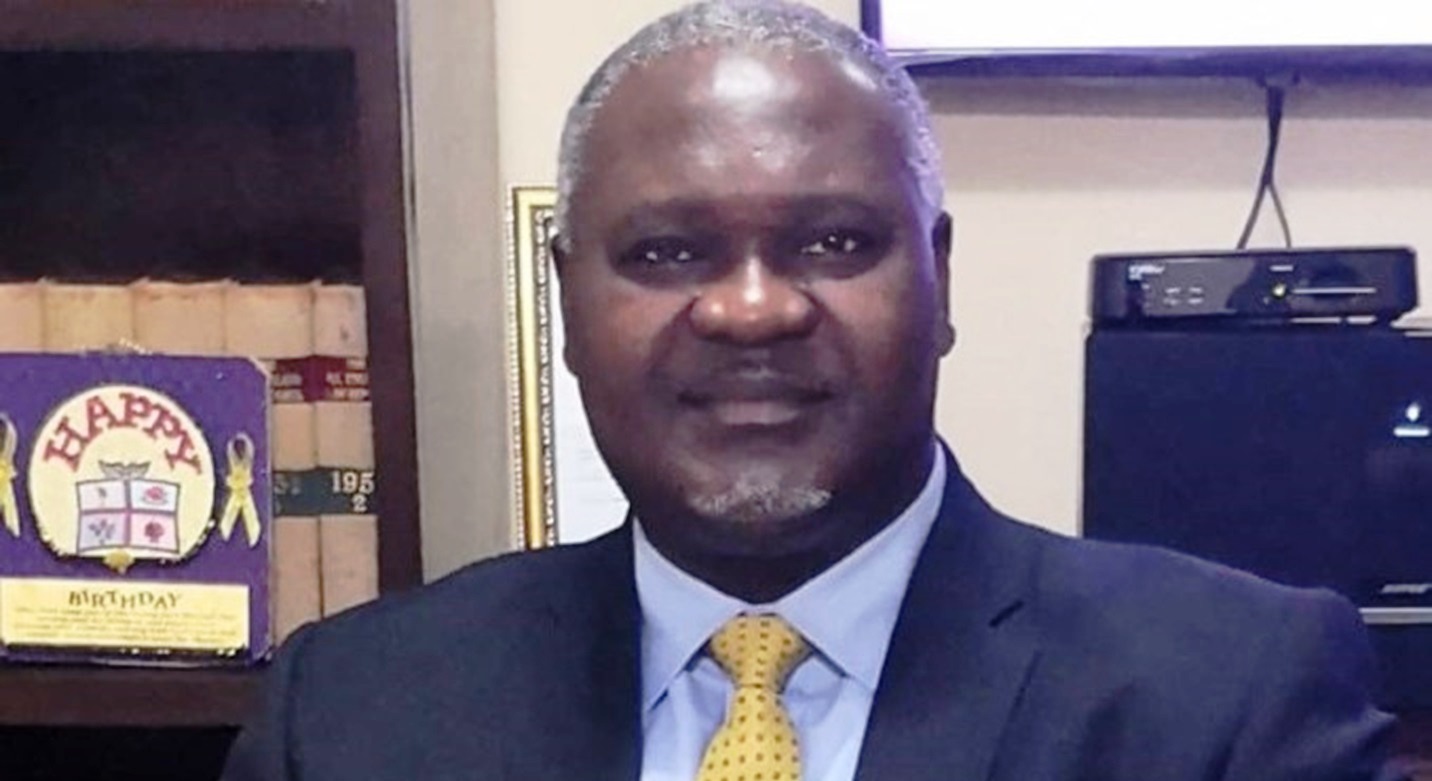@ACCSALONE was meant to be a beacon of independence, a body free from the political machinations that have long plagued governance here. But a troubling pattern has emerged: its last three commissioners have had their eyes on the Presidency, threatening to turn a public shield into a personal ladder. The ACC’s mandate, etched in the Anti-Corruption Act of 2008, is unambiguous. It must act “independently, impartially, fairly, and in the public interest,” immune to any person’s sway.
Early commissioners like Val Collier, Henry Joko-Smart, and Abdul Tejan-Cole stuck to the script, building the Commission’s bones despite thin budgets and political headwinds. Their tenures weren’t perfect, but they stayed clear of the ballot box.
Then came @JFKSalone, @AdyMacauley, and @FrancisKaifala—each a commissioner who’s since traded anticorruption robes for campaign trails or whispered ambitions.
Kamara, who ran the ACC from 2010 to 2016, is now on his second stint as a presidential hopeful for the opposition All People’s Congress (APC).
Macauley, his successor, has thrown his hat in the same ring.
Kaifala, the current chief, is widely tipped as a likely contender for the ruling #SierraLeone People’s Party (SLPP), a potential heir to President Julius Maada Bio or a running mate. Their political flirtations don’t just raise eyebrows—they cast a long shadow over every case the ACC has touched. “Were they chasing corruption or votes?” many now ask. A Mandate Under Siege Corruption isn’t abstract here. It’s the leaked funds that leave roads unpaved, the kickbacks that starve schools. The ACC was built to fight that, armed with legal teeth to investigate and prosecute. Section 9 of the 2008 Act is its backbone—no one, not even the president, should steer its course. Yet, when commissioners eye State House, the impartiality crumbles. Did they spare allies during their tenure? Target rivals? The public can’t know for sure, but the suspicion festers. Take Kamara’s era—high-profile probes made headlines, but whispers of selective enforcement trailed him. Macauley touted convictions, yet critics pointed to gaps where APC big fish dodged scrutiny. He preferred minnows. Under Kaifala’s reign, the spotlight has largely fixed on opposition figures. His rhetoric is strong, his public presence commanding, but questions linger: is the sword of justice sharp on one side only? The Cost of Ambition In a country where trust in institutions is already threadbare—decades of war and mismanagement saw to that—this shift is a gut punch. Corruption chokes Sierra Leone’s promise, siphoning off aid and stunting growth; the ACC’s job was to stop the bleeding. But when its leaders pivot to politics, the mission blurs. The office becomes a stepping stone. They fight corruption until it’s their turn to run. This cynicism reflects a broader fear—the Commission is becoming a partisan battlefield, not an independent public institution. The fallout is practical, too. Qualified potential commissioners might shy away, wary of a post now laced with political baggage. And as the ACC’s credibility wanes, so does its clout—politicians grow bolder, knowing the watchdog’s bark may lack bite. Meanwhile, the average Sierra Leonean, battered by corruption’s daily toll, grows more disillusioned. A Fix Within Reach? There’s a way back, if Sierra Leone acts fast. Parliament could amend the Anti-Corruption Act to introduce a mandatory post-tenure cooling-off period—five or even ten years—barring former commissioners from seeking elected office. This would help sever the dangerous link between public duty and political ambition. Such a provision wouldn’t cure all the Commission’s ailments, but it would send a powerful message that the ACC is not a political launchpad. This isn’t about muzzling ambition—it’s about preserving integrity. The ACC’s slide into politics isn’t just a betrayal of its statute; it’s a gamble with the country’s future. Without decisive reform, it risks losing any semblance of impartiality in its fight against corruption. The ACC was meant to be a scalpel, not a springboard. If it is to matter again, its leaders must be public servants—not politicians-in-waiting.
Sourced: SIERRAEYESALONE













